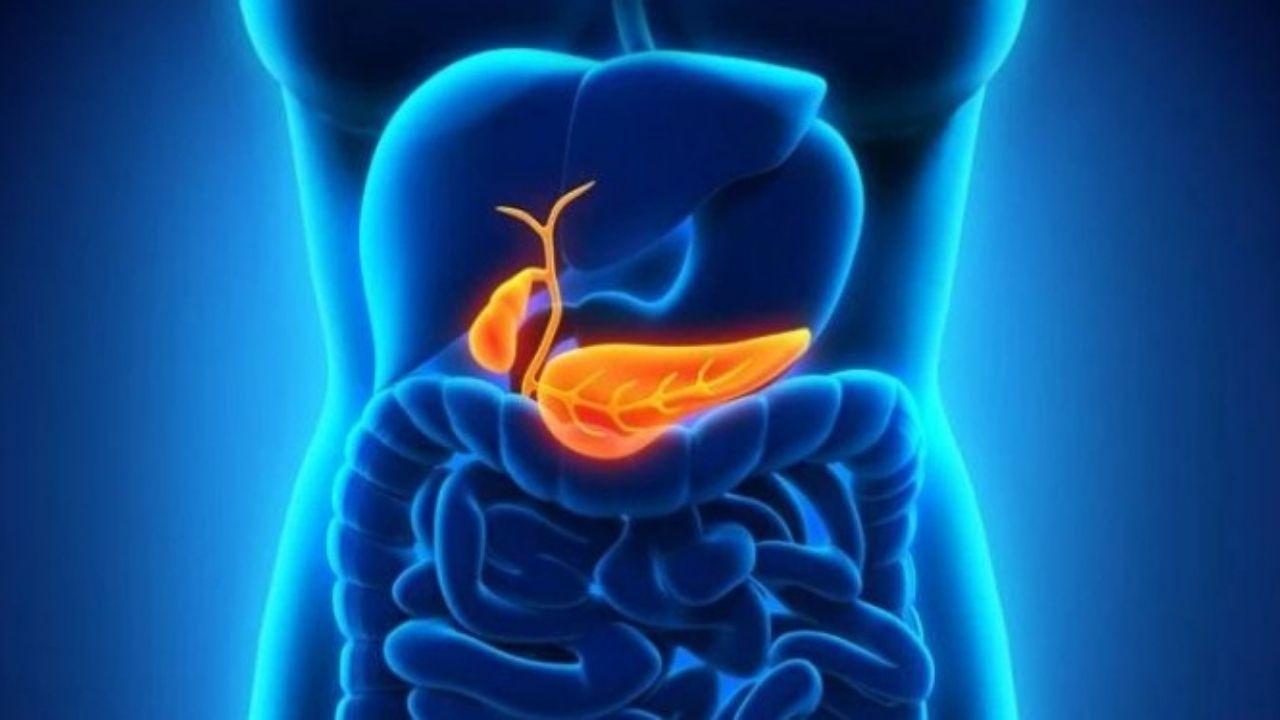Primary Sclerosing Cholangitis: A Rare but Serious Liver Disease

What is Primary Sclerosing Cholangitis?
Primary sclerosing cholangitis (PSC) is a rare and chronic disease characterized by inflammatory destruction and scarring of the bile ducts within the liver. The bile ducts are thin tubes that carry bile from the liver to the small intestine. In PSC, the bile ducts become inflamed, scarred, and narrowed over time. This causes a blockage of the normal flow of bile from the liver.
Symptoms of Primary Sclerosing Cholangitis
Many people with PSC do not experience symptoms in the early stages of the disease. However, as the condition progresses, symptoms can include fatigue, itching, jaundice, abdominal pain, and weight loss. Some may also develop fevers, nausea, and vomiting. The most common first symptom is often itching without a rash. Blood tests typically show elevated liver enzymes and bilirubin levels.
Causes and Risk Factors
The exact cause of PSC is unknown, but it is believed to be an autoimmune disorder where the body's immune system attacks itself by mistake. Genetic factors likely play a role, as Primary Sclerosing Cholangitis often runs in families. Other potential risk factors include inflammatory bowel disease (IBD), specifically ulcerative colitis. Around 70-80% of people with PSC also have IBD. Men are more commonly affected than women.
Diagnosis of Primary Sclerosing Cholangitis
A diagnosis is usually made based on blood tests showing abnormal liver function, imaging tests of the bile ducts, and ruling out other potential causes. Imaging tests such as magnetic resonance cholangiopancreatography (MRCP) or endoscopic retrograde cholangiopancreatography (ERCP) are often used to visualize the bile ducts and confirm the presence of stricturing and dilation. A liver biopsy may also be done to assist in diagnosis.
Disease Progression and Complications
PSC is a chronic progressive disease with no known cure. Over time, the scarring and narrowing of the bile ducts can lead to complications such as bile duct cancer, fibrotic thickening of the liver, and eventual liver failure. Other potential complications are fat-soluble vitamin deficiencies, gallstones, dominant strictures increasing the risk of cholangitis, and colon cancer in patients with concomitant ulcerative colitis.
Without treatment, the 5-year and 10-year survival rate of PSC patients is approximately 86% and 61%. Symptoms and prognosis depend on how quickly the disease progresses and severity of complications. Areas of dominant bile duct strictures are associated with a worse outcome. Liver transplantation may be required in cases of advanced scarring and liver failure.
Treating Primary Sclerosing Cholangitis
There is no cure for PSC, so treatment focuses on relieving symptoms, slowing disease progression, and preventing complications. Ursodeoxycholic acid (UDCA) has been shown to modestly improve liver biochemistry and may help slow disease progression. It works by improving bile flow within the liver and is considered a first-line treatment.
Patients with dominant bile duct strictures may benefit from endoscopic or percutaneous techniques to open up blocked ducts, such as balloon dilation or stenting. Antibiotics are sometimes given to treat cholangitis. Vitamin supplementation is also important in PSC to prevent deficiencies. Treatment of inflammatory bowel disease aims to reduce symptoms and inflammation that can drive PSC activity.
Liver transplantation should be considered for those who progress to end-stage liver disease, develop liver cancer, or have severe complications from PSC that threaten life. With a transplant, prognosis is excellent with 5-year survival rates over 80%. However, PSC may also recur in the new liver in some cases.
Managing Primary Sclerosing Cholangitis
Due to the chronic nature of PSC, lifetime management and monitoring are usually needed. Regular visits with a hepatologist allow for monitoring of liver biochemistry, ultrasound or MRI scans, and screening for complications. Educating patients on symptoms to watch out for and living with a chronic condition is important. Maintaining a healthy diet, exercise routine, and managing stress levels can help optimize quality of life.
Further research into causes, better medical therapies, and eventually a cure remain ongoing areas of focus for improving PSC outcomes long-term. Clinical trials are helping to advance treatment options for slowing disease progression and preventing complications associated with this rare but complex liver disorder.
Get more insights on This Topic- Primary Sclerosing Cholangitis
- Art
- Causes
- Crafts
- Dance
- Drinks
- Film
- Fitness
- Food
- Giochi
- Gardening
- Health
- Home
- Literature
- Music
- Networking
- Altre informazioni
- Party
- Religion
- Shopping
- Sports
- Theater
- Wellness
- IT, Cloud, Software and Technology


